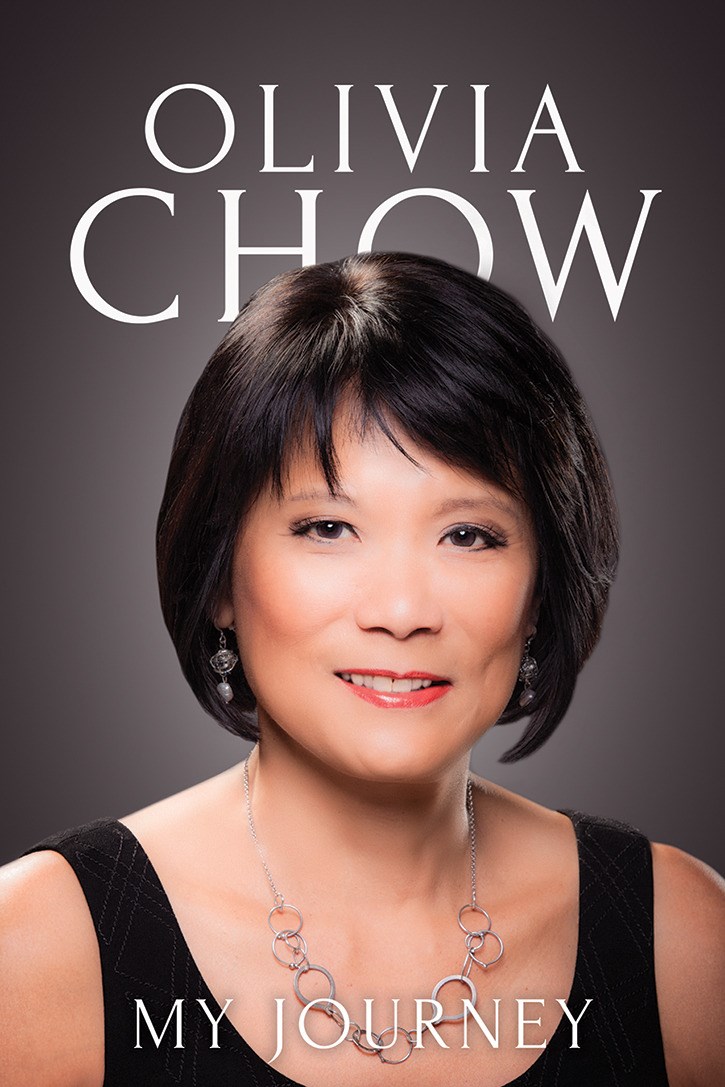Days before his death in August 2011, Jack Layton penned a heartfelt letter to Canadians.
In it, the federal NDP leader — who, but three months previous, had led the party to a position it had never held before: that of Her Majesty's Loyal Opposition — implored Canadians to arm themselves with good faith when faced with challenging paths.
"My friends, love is better than anger. Hope is better than fear. Optimism is better than despair," he wrote. "So let us be loving, hopeful and optimistic. And we'll change the world."
Layton's letter was released upon his passing, and those final lines spread across the planet like wildfire, via social media and sidewalk chalk.
The letter also references "my partner, Olivia" — meaning Olivia Chow, Layton's wife, the Member of Parliament for Trinity-Spadina, and a whirlwind force of change in her own right.
That turn of phrase — "my partner, Olivia" — served as a telling reminder that Layton hadn't fought the good fight all on his own, and had, in fact, been part of a dynamic partnership driven by passion and soul-churning love.
Nearly three years after Laytons passing, Chow pulls back the curtain on their great love in My Journey, an expansive memoir released on January 21.Chow will read from her biography, and speak about her storied life, at Performance Works on February 7.
"I figured, 'either you do it or you don't,'" said Chow on the phone from Ottawa about why she decided to put pen to paper. "I went back to my younger years and I considered what it was that gave me strength to overcome difficult periods. That got me thinking. Before long, I wrote an outline."
That outline became the 328-page My Journey; aptly named, because readers are in for quite a ride. Our journey begins with Chows childhood in Hong Kong, where the willful rapscallion — named for a character in Twelfth Night — revels in adventures, fairytales, and American television, and fails grade three.
We follow Chow to Toronto, and into a family unit wracked by violence, frustration, and the grim realities of immigrant life. We witness her rise through the political ranks, and begin to identify her personal connections to the causes she champions: violence against women; children's rights; healthcare; the environment.
And we are invited into her partnership with Layton, and into a home bursting with art, mismatched furniture, wine, music, laughter, food, and mutual admiration.
Chow seems to explore nearly every aspect of their life together — including political action, outdoor trekking, and Layton's death — in My Journey.
She employed numerous tactics to put these experiences to paper: a goal of 1000 words per day; dictating to an iPad; wading through thousands of press clippings, photographs, and love letters; and lingering dinners with old friends and colleagues around her kitchen table.
"As we had these marvellous dinners, we reminisced, and the stories were written," she recalled. "It was very participatory."
In many ways, Chow grieved the loss of her soul mate under a national microscope. Other people might have raged against having to grieve so publicly, but Layton and Chow believed in the power of community, and Chow says she has benefited from the outpouring of support she's received from Canadians.
"I get hugs all of the time, people that come up to me and say, 'how are you doing, thank you for that story, let me tell you about myself.' I think Canadians are very generous, and it feels like a big, giant, warm blanket supports me. This blanket keeps me going and warms me up when times are not necessarily going well."



